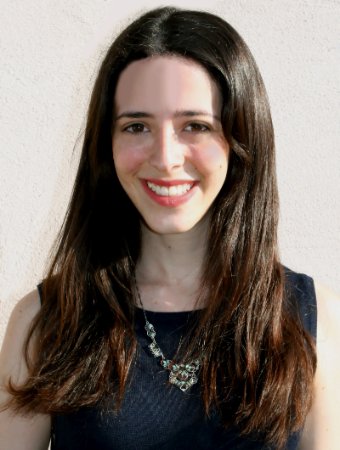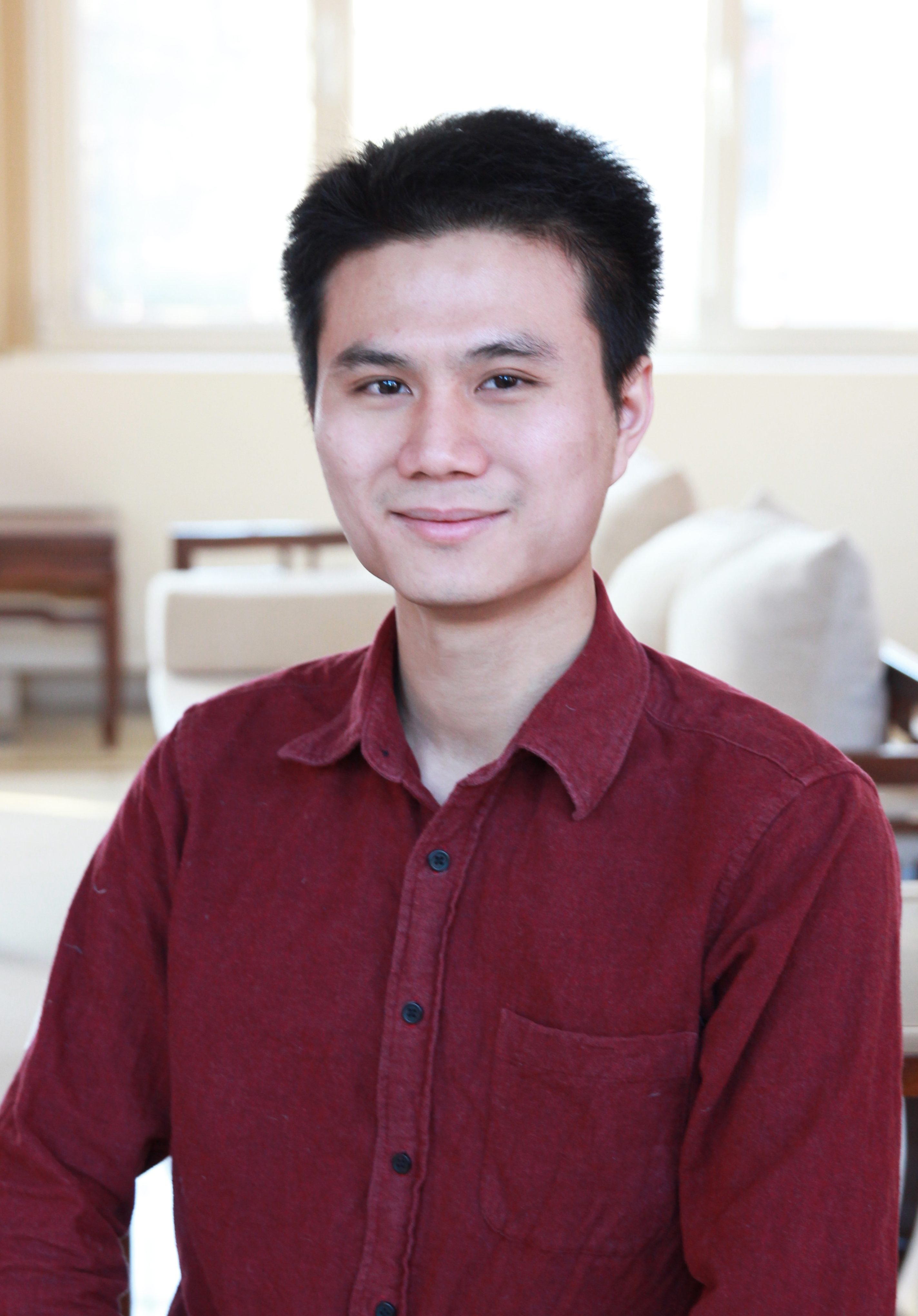THE BLOG
This is a tech blog, written in both English and Chinese, focused on – startups, innovation and tech happenings in China.
In an age where the words “Made in China” are stamped on virtually all products ranging from toys to clothes to computer parts, and renowned businesses worldwide have opened branches in Chinese metropolises, it is clear that China has become a major economic superpower and important global player. China has achieved in several short decades economic growth that not only rivals the most powerful of nations, but surpasses them as well. But as GDP growth rate slows, the past several years have seen a shift of focus in China towards a new field– increasing entrepreneurship. Alongside China’s most recent Five-Year-Plan, which places unprecedented emphasis on encouraging creativity and innovation in the country, startup hubs and entrepreneurial centers have seemingly emerged and multiplied overnight.
Today, Chinese startups branch far and wide, and cover fields such as e-commerce, green-tech, IOT and more. But while the entrepreneurial market in China is a fascinating, vast and dynamic ecosystem, it is currently shrouded from the West due to language barriers, cultural differences, and web regulations. This blog is intended to branch these gaps and introduce China’s increasingly innovative startups to the world, one idea at a time.
THE AUTHORS
 Maya Cypris is an Israeli-American currently completing her Masters at Peking University’s Yenching Academy, where she majors in China Studies with a concentration on Economics and Management. She holds a dual-bachelor’s degree in East Asian Studies and Business Administration from the Hebrew University in Jerusalem. Maya has represented both Israel and the United States in a number of international programs and conferences, and served in the IDF as a tour-guide in the National Israeli Airforce Museum. She is fluent in both English and Hebrew, and has 4 years of Chinese and Spanish education. During her undergraduate studies, Maya was the Digital Marketing Manager at OnlinePianist, a startup company in Tel-Aviv. She is currently a freelance blogger for the Jerusalem Post, specializing in China-Israel relations. Maya is particularly interested in the integration of business culture between China and the West, and helping mediate between negotiating parties that are facing obstacles such as language-barriers and cultural miscommunications.
Maya Cypris is an Israeli-American currently completing her Masters at Peking University’s Yenching Academy, where she majors in China Studies with a concentration on Economics and Management. She holds a dual-bachelor’s degree in East Asian Studies and Business Administration from the Hebrew University in Jerusalem. Maya has represented both Israel and the United States in a number of international programs and conferences, and served in the IDF as a tour-guide in the National Israeli Airforce Museum. She is fluent in both English and Hebrew, and has 4 years of Chinese and Spanish education. During her undergraduate studies, Maya was the Digital Marketing Manager at OnlinePianist, a startup company in Tel-Aviv. She is currently a freelance blogger for the Jerusalem Post, specializing in China-Israel relations. Maya is particularly interested in the integration of business culture between China and the West, and helping mediate between negotiating parties that are facing obstacles such as language-barriers and cultural miscommunications.
![]()
![]()
![]()
 Chen Zhenxing (Bruce) is a current Masters student at Peking University’s Yenching Academy, majoring in Chinese Politics and International Relations. He received his undergraduate degree from Peking University where he completed a dual-major in Law & History. As an undergraduate student, Zhenxing developed a keen academic interest in the politics, history, and foreign affairs of China and its relationship with the Middle East. He has been actively involved in Peking University’s Youth Association of Foreign Affairs and served as Vice President in 2014. In his sophomore year, he won 3rd place in Peking University’s Computer Application and Design Competition and 2nd place in the Fifth National College Student Computer Design Competition. Zhenxing’s undergraduate thesis analyzed the Changing Foreign Policy of the New Emir of Qatar to Saudi Arabia, which was awarded the School of International Studies’ Exceptional Thesis Prize.
Chen Zhenxing (Bruce) is a current Masters student at Peking University’s Yenching Academy, majoring in Chinese Politics and International Relations. He received his undergraduate degree from Peking University where he completed a dual-major in Law & History. As an undergraduate student, Zhenxing developed a keen academic interest in the politics, history, and foreign affairs of China and its relationship with the Middle East. He has been actively involved in Peking University’s Youth Association of Foreign Affairs and served as Vice President in 2014. In his sophomore year, he won 3rd place in Peking University’s Computer Application and Design Competition and 2nd place in the Fifth National College Student Computer Design Competition. Zhenxing’s undergraduate thesis analyzed the Changing Foreign Policy of the New Emir of Qatar to Saudi Arabia, which was awarded the School of International Studies’ Exceptional Thesis Prize.
![]()
![]()
 Julien Legrand received his master degrees from Mines ParisTech, PSL Research University and Peking University’s Yenching Academy. He wrote his first master thesis on innovation strategy for tech companies and his second one on Chinese innovation ecosystems. He worked as a strategy analyst for Orange and Air Liquide before joining The Boston Consulting Group in 2017. He writes on tech start-ups innovation and digitization of multinational companies.
Julien Legrand received his master degrees from Mines ParisTech, PSL Research University and Peking University’s Yenching Academy. He wrote his first master thesis on innovation strategy for tech companies and his second one on Chinese innovation ecosystems. He worked as a strategy analyst for Orange and Air Liquide before joining The Boston Consulting Group in 2017. He writes on tech start-ups innovation and digitization of multinational companies.

Carl Hooks is an American student at Peking University’s Yenching Academy, pursuing an M.A. in China Studies with a concentration in Law & Society. He graduated from Washington University in St. Louis in 2017 with a B.A. in International & Area Studies, focusing on the societal, environmental, and political consequences of China’s rapid rise. As an undergraduate, Carl studied abroad in Dalian, China on a State Department Critical Language Scholarship and conducted research at a groundbreaking legal aid NGO in Beijing. His involvement with student groups and nonprofits in college fostered his interest in how innovative, mission-driven organizations and entrepreneurs can impact lives for the better, and he is now developing his own start-up. He aims to learn and write about Chinese social enterprises during his time in Beijing.
![]()
![]()
